If there is any institution in our social organism which needs the light of intelligent study, rational understanding, and sane revolution, it is our criminal laws; their administration and systems of punishment. —Kate Richards O’Hare, in a speech delivered in Buffalo, New York in April 1919
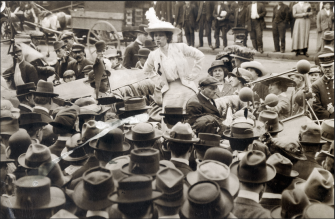
Kate Richards O’Hare addresses crowd in front of the St. Louis Court House on National Women’s Suffrage Day, May 2, 1914. Source: St. Louis Times, 1914. Missouri History Museum.
On Dec. 14, 1917, U.S. peace activist and suffragist Kate O’Hare was sentenced to five years’ imprisonment for a speech denouncing WWI.
Occupying a neighboring jail cell was Emma Goldman, the well-known anarchist organizer, feminist, writer and anti-war critic who was imprisoned for obstructing the draft.
O’Hare was one of a number of prisoners Socialist Party leader Eugene V. Debs cited in his “Canton Speech” for which he in turn was imprisoned. He said,
The other day they sentenced Kate Richards O’Hare to the penitentiary for five years. The United States, under plutocratic rule, is the only country that would send a woman to prison for five years for exercising the right of free speech.
According to the University of North Dakota, “On July 17, 1917, she addressed a crowd in Bowman, North Dakota. The Bowman speech was the 76th time she had given the address. This time, however, she was arrested under the auspices of the 1917 Espionage Act. She was tried and convicted before a court in Bismarck, North Dakota, and was sentenced to five years in prison, to begin on April 15, 1919. In May 1920, her sentence was commuted and she was set free.”
Read more about her life and work in the essays Standing Up Against The War Machine: The Story of Kate Richards O’Hare and Queen of the Lecture Platform: Kate Richards O’Hare and North Dakota Politics, 1917–1921.

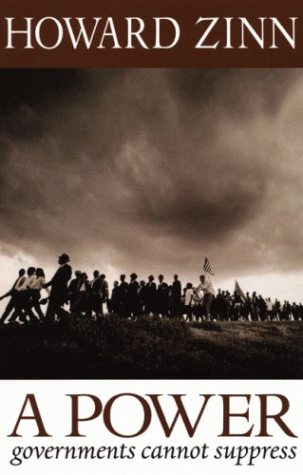
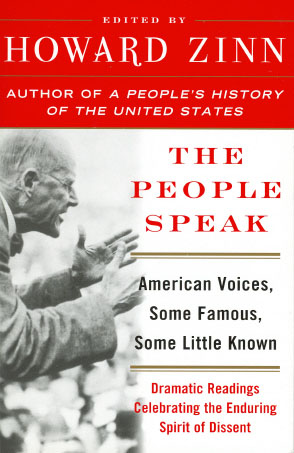
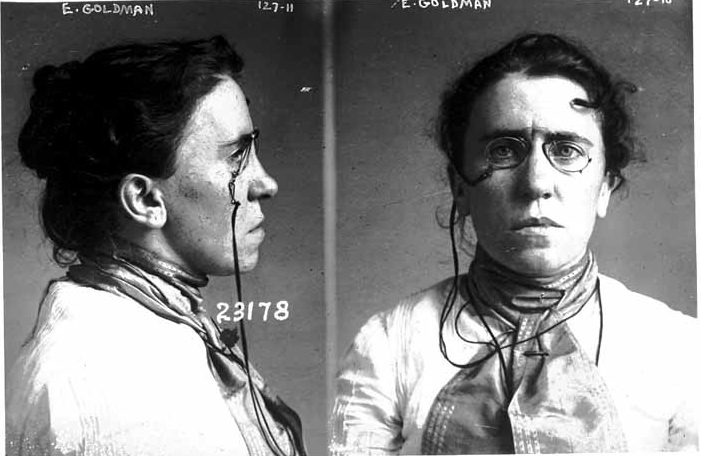
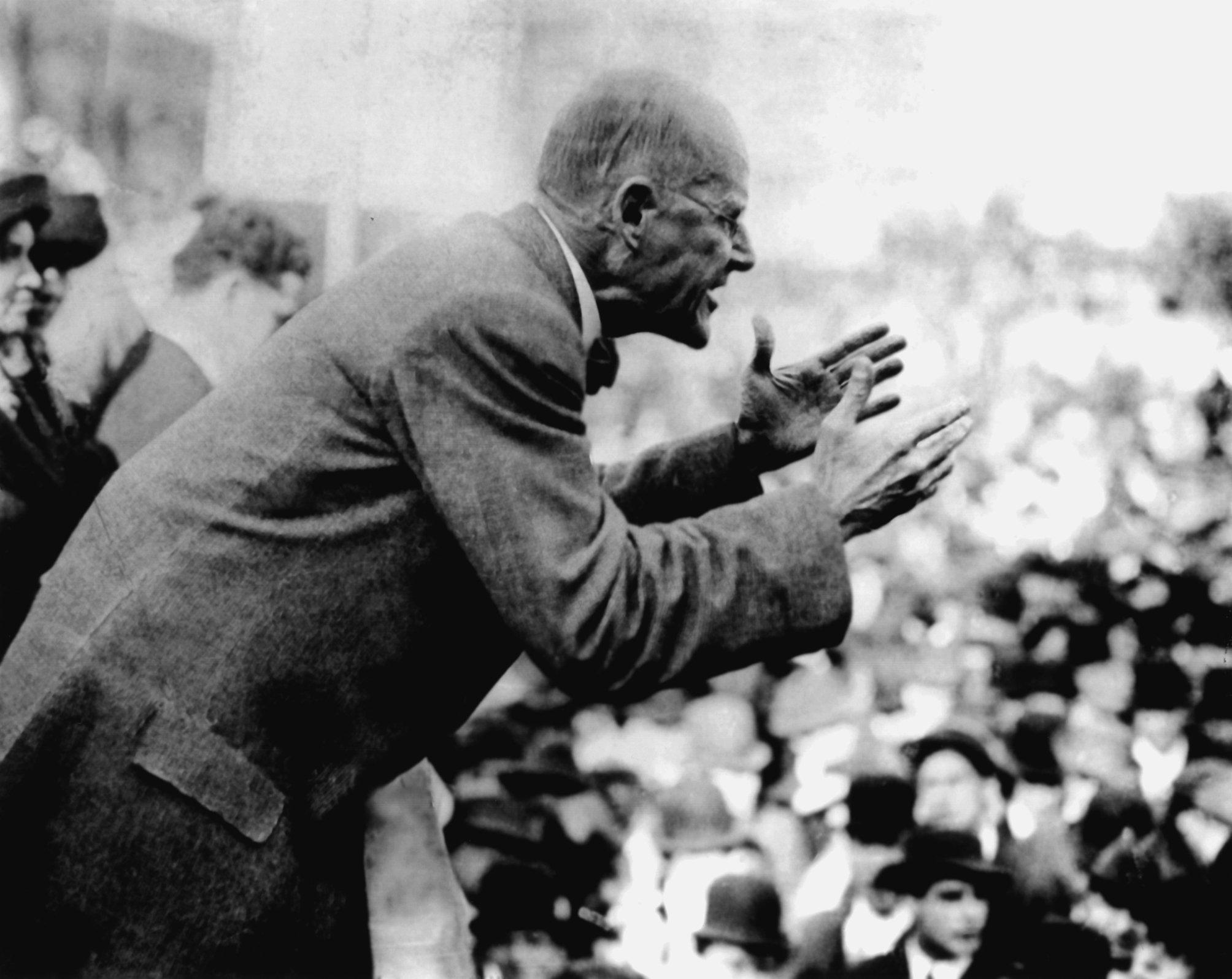
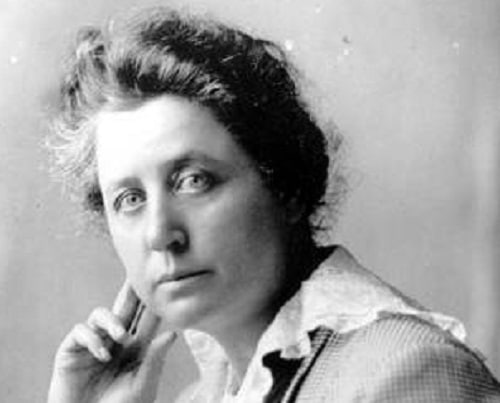





Twitter
Google plus
LinkedIn